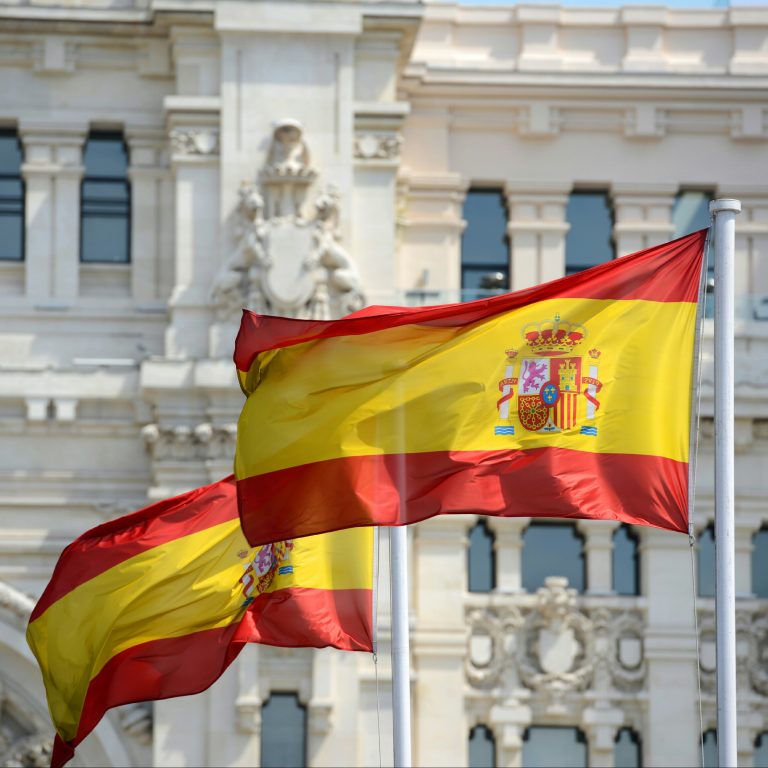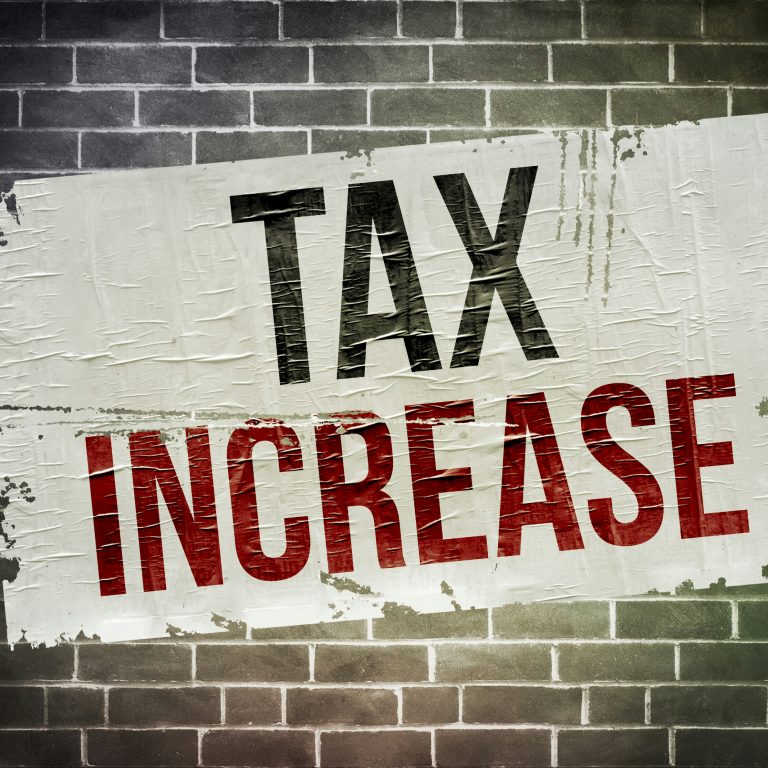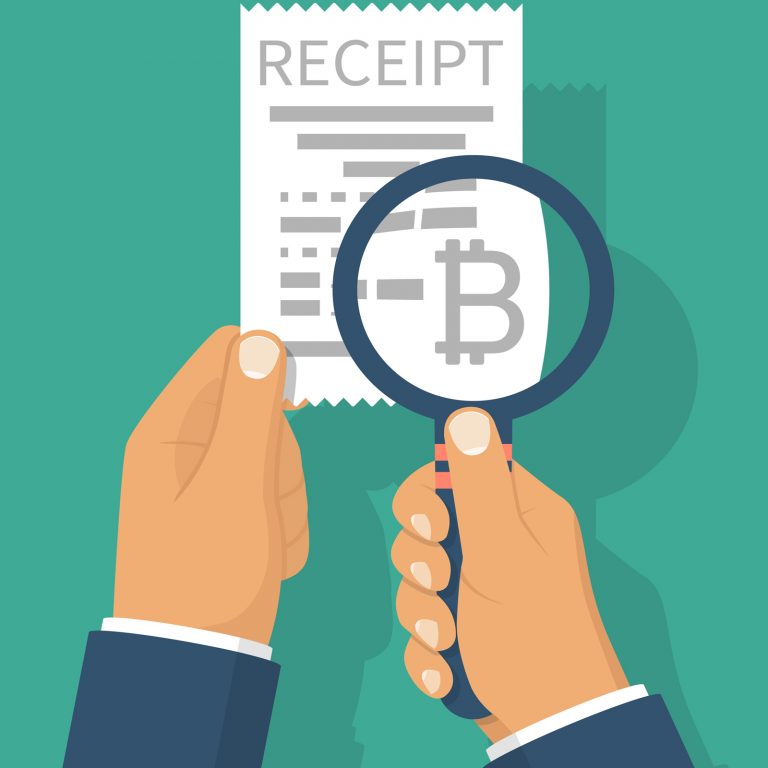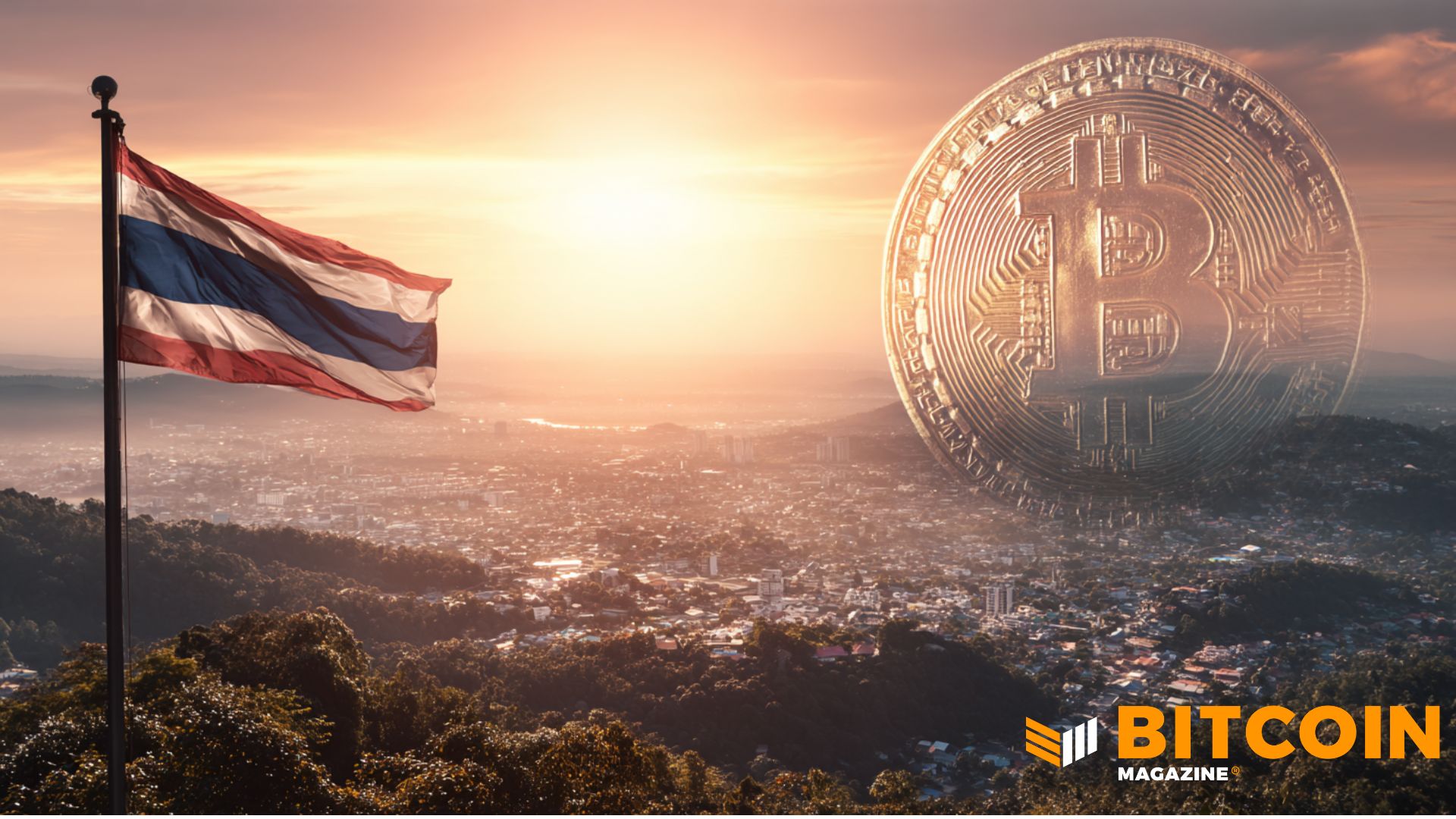2018-11-6 03:00 |
The government of Thailand has announced plans to adopt distributed ledger technology to fight tax avoidance.
Director-general Ekniti Nitithanprapas said the Revenue Department intends to use blockchain to verify whether taxes were paid correctly and to speed up the tax refund process.
Thai Government Announces Plan to Use Blockchain Technology to Improve Tax Collection SystemThe head of the Revenue Department of Thailand has said that the use of disruptive technologies such as blockchain and machine learning for the purpose of improving the tax collection system was his priority, the Bangkok Post reported.
While blockchain will be used to verify taxes and speed up tax refunds, machine learning will be used in the fight against tax evasion by tracking tax fraud and creating more transparency.
Thailand has shown an open-minded approach to blockchain technology and cryptocurrencies throughout the years. Tax-wise, the government of Thailand collects 15 percent capital gains tax levied against profits made from the buying and selling of digital tokens, according to a new tax legislation. There is also a 7% value-added tax, but according to Apisak Tantivorawong, the government’s Finance Minister, most investors are exempted from it.
The Securities and Exchange Commission (SEC), the country’s financial watchdog, has announced a regulatory framework for initial coin offerings (ICOs) taking effect from July 16, 2018. Digital token issuers must be registered with the Thailand SEC before putting digital assets on sale.
Only high net-worth investors, venture capital firms, private equity companies, and other institutional investors, are allowed to acquire unlimited units of digital assets in ICOs, according to the Thai regulator, which has jurisdiction over the space, according to a recent Royal Decree. Retail investors are limited to buying tokens worth less than 300,000 baht ($9,050).
Following the new ICO rules, the SEC has reported that around 50 prospective initial coin offerings have shown interest in securing a license from the regulator and 3 of them have followed through with an application. The SEC secretary-general Rapee Sucharitakul also said that around 20 companies were seeking to operate officially as a digital asset exchange. Bithumb, one of the world’s largest cryptocurrency operators, has announced that it successfully obtained approval from the regulator.
In late October 2018, the Thai SEC released a warning to investors regarding what it describes as “renegade ICOs,” which are heavily advertising in the region through multiple means despite being unregistered with the SEC. The “renegade” coin offerings include Every Coin, Orientum Coin (ORT Coin), OneCoin and OFC Coin, Tripxchain Coin (TXC Coin), TUC Coin, G2S Expert ICO, Singhcom Enterprise ICO, Adventure hostel Bangkok ICO, and Kidstocurrency ICO, according to the statement.
The Securities and Exchange Commission requires ICO projects to apply for a license before a token sale.
“The ICO acceptance criteria may include due diligence and screening of funders from dishonest people. The source code of the smart contract will automatically be enforced against the contract. After the sale, the SEC publishes a copy of the statement on the SEC website,” the regulator stated.
Investors, however, are not banned from investing in “renegade ICOs.”
Featured image from Shutterstock.The post Thailand Government to Use Blockchain to Tackle Tax Avoidance appeared first on NewsBTC.
origin »Bitcoin price in Telegram @btc_price_every_hour
High Performance Blockchain (HPB) на Currencies.ru
|
|




























